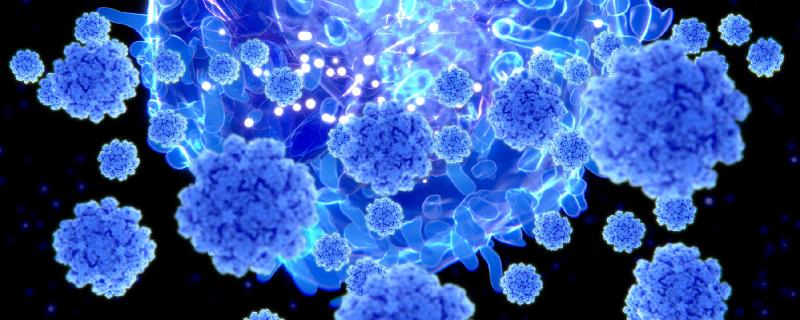New Data on T Cells and the Coronavirus | In the Pipeline
Category: Health, Science & Technology
Via: freewill • 5 years ago • 1 commentsBy: In the Pipeline - Derek Lowe


This could be a move in the right direction if it is found that even pre-existing T cells can provide cellular immunity against and/or at least some level of treatment for those already infected with Covid-19. From what I have read some of these recent discovers could also explain why some people are infected with the virus but never display the symptoms of the disease. Exciting stuff and some fast-moving research is commencing.

By Derek Lowe 15 July, 2020
Well, I was writing just the other day about what we don't know about the T-cell response to coronavirus infection, and as of today we know quite a bit more. And from what I can see, we have encouraging news, mixed with some things that we're going to need to keep an eye on.
Here's a post from May on a paper in Cellthat looked at T cell responses in recovering SARS CoV-2 patients and compared them to reports of people who had been infected with "original SARS" back in 2003, and to people who had never encountered either. It also has some background on T cells in general, which might be useful if you don't have that info right at the top of your brain's queue. That's the paper that showed that the T-cell response to this virus is less "Spike-o-centric" than it was to SARS. It also showed that there are, in fact, people who have both CD4+ and CD8+ T cells that recognize protein antigens from the new coronavirus even though they have never been exposed to SARS, MERS, or the new virus. The paper speculated that this might be due to cross-reactivity with proteins from the "common cold" coronaviruses", and raised the possibility that there might be a part of the population that has at least some existing protection against the current pandemic.
Now comes a new paper in press at Nature. It confirms that convalescent patients from the current epidemic show T-cell responses (mostly CD4+ but some CD8+ as well) to various epitopes of the N (nucleocapsid) protein, which the earlier paper had identified as one of the main antigens as well (along with the Spike and M proteins, among others, with differences between the CD4+ and CD8+ responses as well). Turning to patients who had caught SARS back in 2003 and recovered, it is already known (and worried about) that their antibody responses faded within two or three years. But this paper shows that these patients still have (17 years later!) a robust T-cell response to the original SARS coronavirus's N protein, which extends an earlier report of such responses going out to 11 years. This new work finds that these cross-react with the new SARS CoV-2 N protein as well. This makes one think, as many have been wondering, that T-cell driven immunity is perhaps the way to reconcile the apparent paradox between (1) antibody responses that seem to be dropping week by week in convalescent patients but (2) few (if any) reliable reports of actual re-infection. That would be good news indeed.
And turning to patients who have never been exposed to either SARS or the latest SARS CoV-2, this new work confirms that there are people who nonetheless have T cells that are reactive to protein antigens from the new virus. As in the earlier paper, these cells have a different pattern of reactivity compared to people who have recovered from the current pandemic (which also serves to confirm that they truly have not been infected this time around). Recognition of the nsp7 and nsp13 proteins is prominent, as well as the N protein. And when they looked at that nsp7 response, it turns out that the T cells are recognizing particular protein regions that have low homology to those found in the "common cold" coronaviruses - but do have very high homology to various animal coronaviruses.
Very interesting indeed! That would argue that there has been past zoonotic coronavirus transmission in humans, unknown viruses that apparently did not lead to serious disease, which have provided some people with a level of T-cell based protection to the current pandemic. This could potentially help to resolve another gap in our knowledge, as mentioned in that recent post: when antibody surveys come back saying that (say) 95% of a given population does not appear to have been exposed to the current virus, does that mean that all 95% of them are vulnerable - or not? I'll reiterate the point of that post here: antibody profiling (while very important) is not the whole story, and we need to know what we're missing.
There are still major gaps in our knowledge: how many people have such unknown-coronavirus-induced T-cells? How protective are they? How long-lasting is the T-cell response in people who have been infected with the current SARS CoV-2 virus, and how protective is it in the declining-antibody situation that seems to be common? What sorts of T cell responses will be induced by the various vaccine candidates? We just don't know yet. But we're going to find out.







Another good article on this HERE .